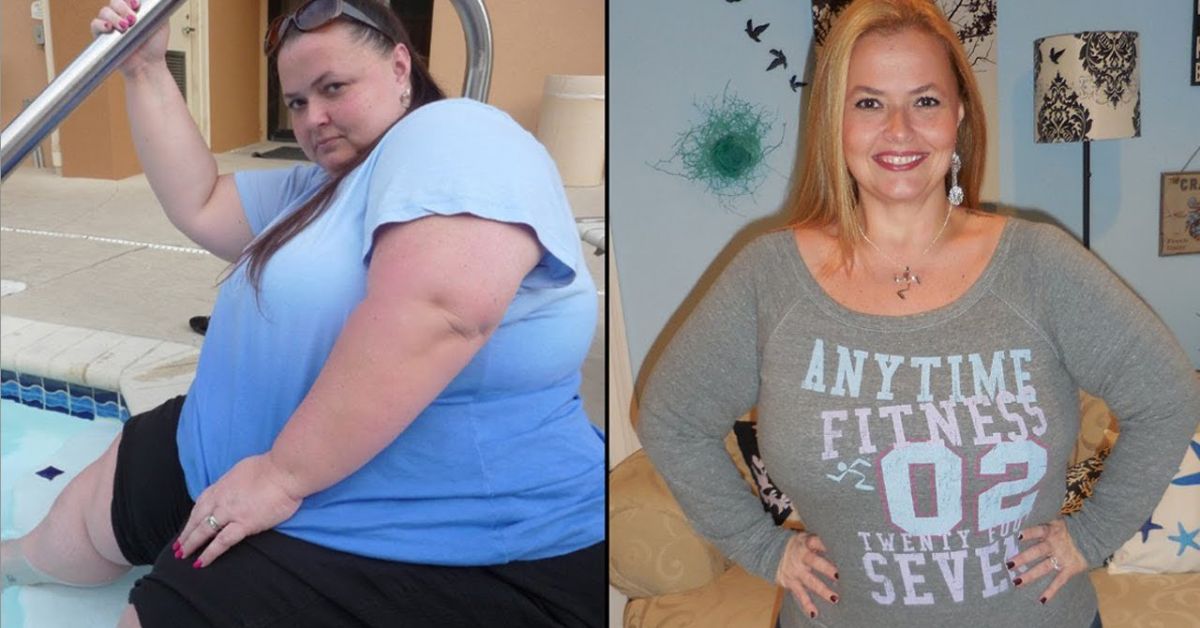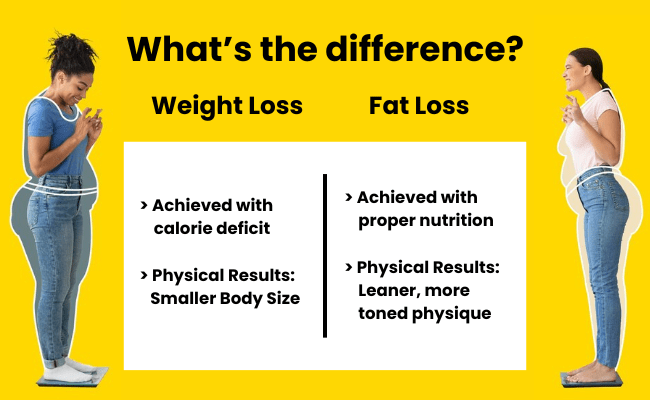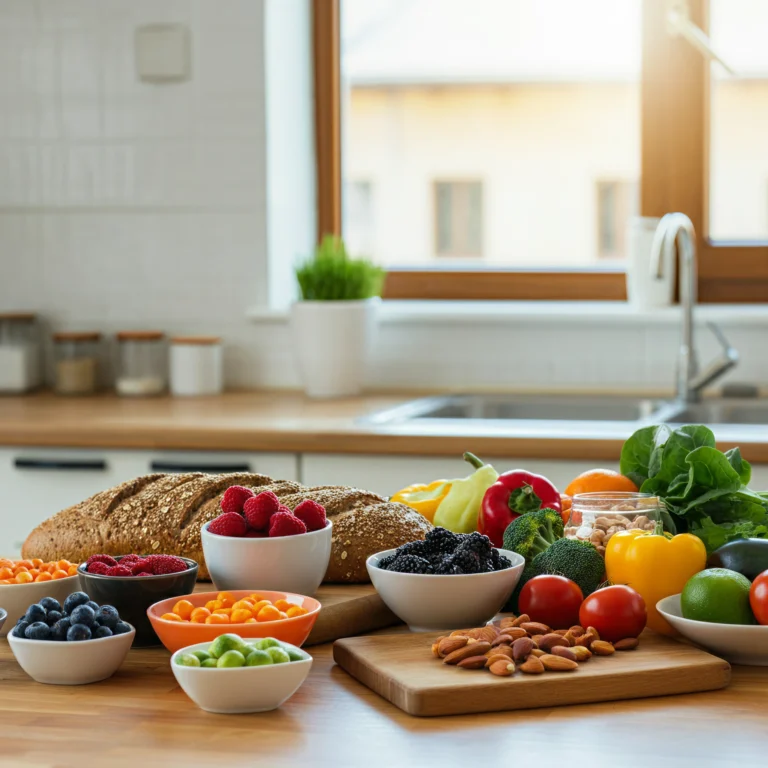We live in a world where the scale weight often defines success. But what if that number is lying? You could be losing muscle or water instead of fat. That’s not good for your health. The real goal should be changing your body composition, not just shrinking your body.
When you lose fat and keep muscle, you feel stronger, look leaner, and stay healthier. However, that is not taught in the majority of weight loss regimens. They simply advise you to move more and eat less. That’s why people regain weight. We need to shift from weight loss to body recomposition. That’s how to make results last.

The Difference Between Fat Loss and Weight Loss?
Losing weight throughout your body will also help you lose pounds. Among the possible reasons are low levels of lean muscle, water, and glycogen, as well as extra fat. Everyone’s fat loss happens differently. You may be burning away visceral fat that is dangerous or subcutaneous fat beneath your skin.
That is a rather significant change. You want to shed not water or muscle but fat. This is how you look toned and raise your health markers. In terms of consequences on body shape, energy, and long-term health, weight loss differs from fat loss. Maintaining an appealing figure becomes challenging as you lose muscle mass, and the basal metabolic rate (BMR) lowers. Still, fat loss improves body composition and calorie burning even at rest.
| Type | What You Lose | Impact on Body |
| Weight Loss | Water, muscle, fat | May reduce metabolic rate |
| Fat Loss | Mainly fat | Improves muscle-to-fat ratio and health |
| Water Loss | Fluid & glycogen stores | Temporary scale change |
| Muscle Loss | Lean muscle mass | Water, muscle, and fat |
Is One Better Than the Other?
Yes, fat loss is much better. Fat loss enhanced by muscle retention enhances appearance and well-being. This promotes an increase in metabolic rate and improved body mechanism performance. Rapid weight loss, however, frequently leads to muscle loss and impairs metabolism and body strength. This is how fast weight loss affects metabolism.
Understanding weight loss vs. fat loss shows why crash diets fail. They drop your weight quickly, but your body fights back. It starts saving fat and burning muscle. This defines metabolic adaptation. Focus on fat loss and not just weight loss to stay healthy and feel strong.
Knowing Whether You’re Losing Fat, Muscle, or Water
Monitoring body composition changes is the best way to gauge fat loss. Most precisely is a DEXA scan. It reveals your lean muscular mass, body fat distribution, and even bone density. Other means include strength levels, progress pictures, and circumference calculations.
So, how can you tell if you’re losing muscle or fat? You’re probably losing fat if your strength increases and your clothes fit better. However, you’re most likely losing muscle if you feel exhausted, weak, and appear smaller without muscle tone.. Measure progress beyond the scale to see what’s happening.
Health Benefits of Fat Loss Over General Weight Loss
Losing visceral fat improves your health fast. This harmful fat increases the risk of diabetes, heart disease, and other conditions by encircling your organs. Fat loss lowers inflammation, improves hormones, and helps control blood sugar.
Unlike just losing water or muscle, fat loss improves body composition. It also protects joints and makes movement easier. Your body gets more energy from food, and your metabolic rate stays strong. That’s why long-term fat loss vs quick fixes is the smarter path.
Should You Aim to Lose Weight or Fat?
You should always aim for fat loss. You won’t see the wider picture if you are only concerned with the number on the scale. You might feel worse and lose muscle. However, you will develop a stronger, better body if you concentrate on maintaining muscle and burning fat.
This also changes how you feel about fitness. You stop chasing numbers and start chasing strength. You care more about how your body moves and feels. That’s what matters. And that’s how you lose fat in a way that lasts.
How to Lose Fat While Maintaining or Gaining Muscle
Yes, it is possible, and it is powerful. The secret is to create a calorie deficit safely. This means you are eating a little less food than your body is using. To protect your muscles, you also need to eat a high-protein diet. You will be able to strength train and still reduce your weight.
Strength workouts matter, too. It is impossible to overestimate the importance of strength training for fat loss. Your body retains muscle when you lift weights. Add in sleep, lower stress, and enough rest. That’s how to lose fat and maintain muscle the right way.
Sustainable Fat Loss Strategies
The key is consistency. Don’t cut calories too much. Don’t avoid carbs. And don’t follow fad diets. Instead, eat real food, move your body often, and sleep well. That’s how to focus on sustainable fat loss methods that work long term.
Also, stay active with resistance training. You should consume enough protein to support both growth and recuperation. Although change takes time, your muscle-to-fat ratio gradually gets better. That’s how fat loss improves body composition.
FAQ’s
Fat loss keeps muscle, improves health, and boosts metabolism. Weight loss can mean losing muscle, water, or fat.
Ensure you are eating more protein, working on weight training, and staying under your daily calorie needs. Focus on fat, not just the number on the scale.
Weight loss shows a smaller size. Fat loss shows better shape, more muscle, and real health improvement.
Conclusion
Losing fat is better than just losing weight. It makes you healthier, stronger, and more confident. The difference between weight loss and fat loss is huge, and it matters. If you want real results, focus on burning fat while keeping muscle. Don’t let the scale control your goals. Build a strong, lean, and healthy body instead. That’s the smarter path. That’s the lasting path. And it’s how to achieve long-term fat loss that changes your life.



